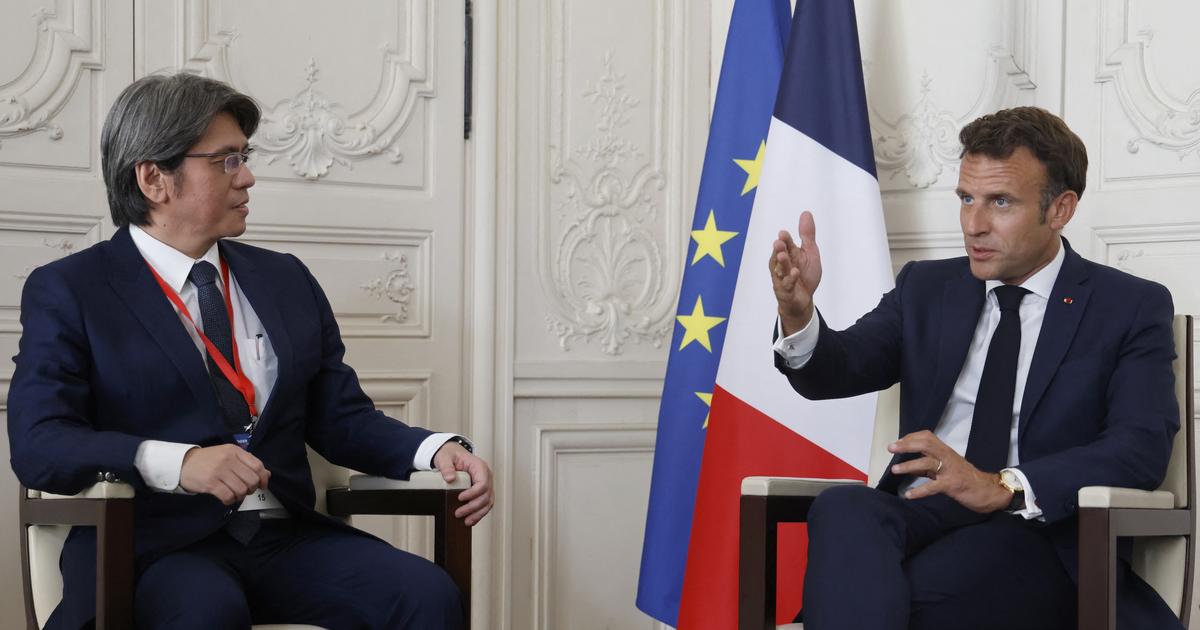The day after his presentation of the main lines of the green industry bill, Emmanuel Macron continues this Friday his sequence on the theme of the reindustrialization of the France. The head of state is expected in Dunkirk (North) in the afternoon, where he must visit the Dunkirk aluminum plant, "the largest producer of primary aluminum in Europe," according to the Elysee.
The President of the Republic, flanked by several ministers - Bruno Le Maire, Gérald Darmanin, Agnès Pannier-Runacher, Roland Lescure and Olivier Becht - must above all "formalize new investments for the Dunkirk basin," says the palace. Behind this formulation hides the establishment of a large battery factory by the Taiwanese ProLogium, information known since Tuesday and announced by the group this Friday.
The project is colossal: in total, ProLogium intends to invest 5.2 billion euros in Dunkirk by 2030 to reach an annual production capacity of 48 GWh, enough to equip hundreds of thousands of cars. The group hopes to start production at the end of 2026 and ramp up over several years, with 3000,12 jobs in the plant and 000,<> indirect jobs for the territory.
Founded in 2006, ProLogium is a pioneer in the next-generation battery, with a solid electrolyte rather than a liquid one (the one used by current lithium-ion technology). This solid battery makes it possible to reach "a power between 360 and 390 watts per kg against between 160 and 180 watts per kg for lithium-ion batteries," says its founder and CEO Vincent Yang, and thus greatly increase the range of electric vehicles. This technology is still waiting to be approved for electric mobility.
See alsoThe North, the new land of the battery
A fourth battery mega-factory in the North
«
The reasons for setting up in France are numerous," said Gilles Normand, vice-president in charge of international development, in an interview with several news agencies. The Taiwanese company wanted to "have access to carbon-free electricity", but in Dunkirk, "we not only have access to nuclear electricity but there are also offshore wind turbines", he lists.
In addition, "a real ecosystem for batteries is developing in the north of France," he says, while three other "gigafactories" projects are already announced. One in Douvrin, by ACC, the joint venture between Stellantis, TotalEnergies and Mercedes, scheduled to open at the end of May, the second in Douai, by the Chinese Envision, and the third in Dunkirk already, with the French start-up Verkor.
«
This will allow us to have a critical mass to see material suppliers set up," says Gilles Normand, while current so-called "lithium-ion" batteries are very greedy in critical metals such as lithium, graphite or cobalt, with a supply chain now largely controlled by China. It also allows "proximity to our customers because many electric vehicle factories are located in Northern Europe" and "Dunkirkis very well connected by rail, road and a deep-water port that facilitates the import and export of our products," continues Gilles Normand.

